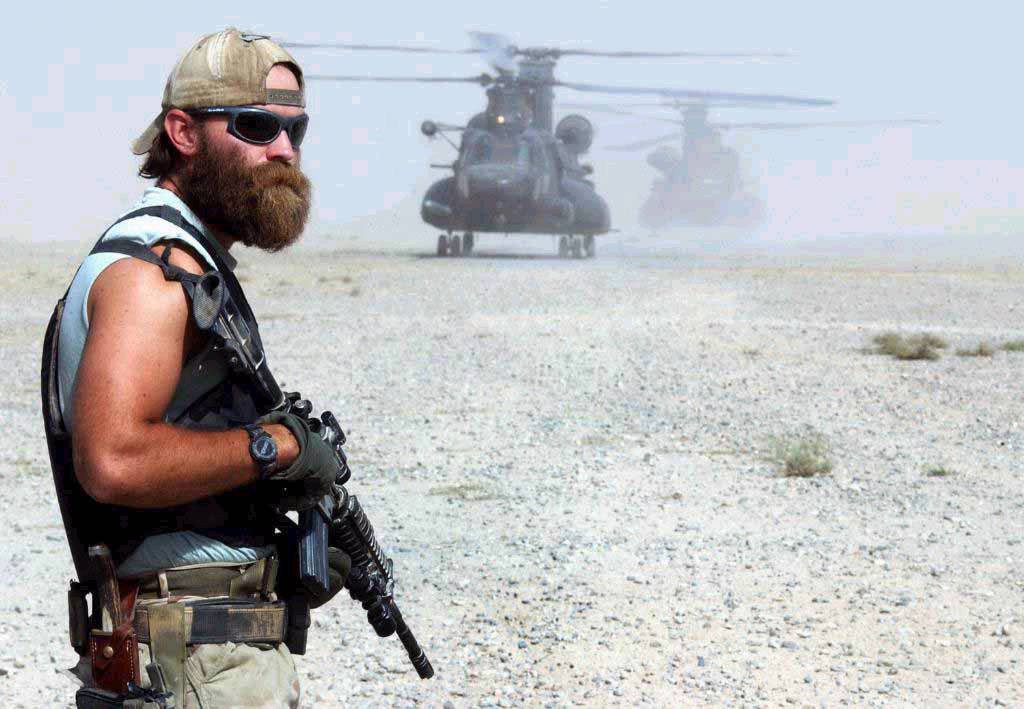The SAS is the most elite of the special forces in the world. They are not people who go out and advertise; they keep it inside. They don't want anybody to know about them.

As a byproduct of my research—and also because I am just plain interested—I have had a great deal to do with Special Forces. They feature in all my novels.
One way or another, I am fairly sure Special Forces have existed for as long as there have been armies—albeit by other names—but, in their present form, they are traceable back to WW II. Since that time, after a period of uncertainty—the British SAS was actually disbanded for a while—they have gone from strength to strength.
Why so? Well, they are successful out of all proportion to their numbers. True, they cost more per head—sometimes a great deal more—but the return on investment tends to be exceptionally high.
But why is this? Well, one argument is that they are, quite simply, the cream of the crop—and exceptionally well trained and equipped as well—so, of course, they will be disproportionately successful. Another argument is that they do as well as they do because they normally have the initiative. They tend to pick how and when they will fight—and to turn down missions where they feel they cannot be successful.
It seems to me that that both these arguments are valid—but they miss the main point—which is that Special Forces soldiers have a different mindset. In essence, they are empowered. Instead of being subject to the minutiae of conventional military discipline, they are told the mission and—generally speaking—left to get on with it. In fact, they can, if they so wish, question the mission itself. In effect, they are treated like sentient adults, and primarily, their discipline is self imposed. In fact, Special Forces soldiers are rarely punished. The normal sanction is that you are returned to your original unit.
I have to wonder as to what extent this approach could be applied in normal life—starting off with school—and whether such an approach might not yield fairly extraordinary dividends. Currently, we emphasize “socialization”—by which we really mean pressure to conform backed up by discipline—but pay for it in terms of suppressing creativity.
How do I know that? It’s not a conclusion I can quantify. It is an opinion supported by the opinions of others whose judgment I respect.
Could we get a superior result if children—and adults—were given more responsibility?
My view is that we could—and that the benefits to society, if we really could tap into human creativity, would be immense.
There has been some experimental work to this effect—in schools as opposed to Special Forces—and the results have been entirely positive. In fact, they have been remarkable—but seem to have attracted little attention.
It could be that we should think about this stuff more than we do. Instead we have an approach to discipline which has resulted in our imprisoning many more people 2.4 million—than China—which has a multiple of our population.
This authoritarian approach—self righteous and judgmental—permeates our culture and results not only in extraordinarily long prison sentences, but in the worst labor relations in the developed world.
Such heavy costs—serious though they are—pale in relation to our loss of creativity. If we want to grow this economy, and solve our other problems, we need to get creative about it.
The downside, as far as I am concerned, is probably that a whole lot more people—their creativity unleashed—will start writing books.
The upside—with luck—is that a whole lot more people will start reading them.
I can live with that.
No comments:
Post a Comment